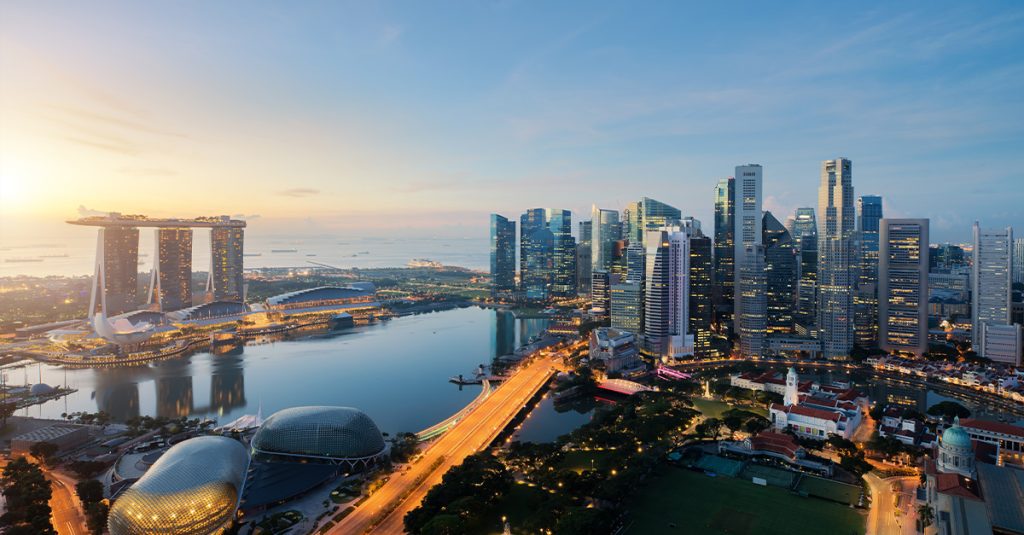Singapore is on the brink of restoring its tourism figures to pre-pandemic levels, driven by strategic initiatives.
- In 2023, Singapore welcomed 13.6 million visitors, achieving 71% of 2019’s figures.
- Key markets, including the UK, show robust recovery, with some exceeding 80% return to pre-pandemic performance.
- Innovative new attractions and luxury accommodations bolster Singapore’s appeal.
- Strategic marketing campaigns, including collaborations with celebrities, are reshaping perceptions.
Singapore is making significant headway in regaining its pre-pandemic tourism momentum, attributing success to a combination of innovative attractions and effective marketing strategies. In 2023, the island nation attracted 13.6 million visitors, representing approximately 71% of its 2019 figures. Melissa Ow, chief executive of the Singapore Tourism Board (STB), highlighted that despite the ongoing gap compared to 2019, the tourism revenue paints a much brighter picture with projections nearing 2019’s S$27.7 billion.
A vital aspect of Singapore’s recovery is its competitive performance in key markets, particularly the UK, which remains one of the top 10 markets with over 473,000 visitors in 2023, equating to around 81% of the pre-Covid numbers. Ow attributes this growth to a mixture of post-pandemic ‘revenge travel’ and the introduction of new products, coupled with strong UK partnerships.
The increase in tourism is fuelled by Singapore’s strategic expansion of its hospitality sector and leisure experiences. The opening of 10,000 new rooms in 2023, including luxury establishments like The Singapore Edition and Artyzen Singapore, enhances its appeal to high-end travellers. Additionally, the anticipated launch of Raffles Sentosa Singapore in the fourth quarter is set to attract more visitors.
Singapore’s push to introduce new leisure attractions has been pivotal. Highlights include Bird Paradise in Mandai Wildlife Reserve and HyperDrive, an indoor electric go-kart track that featured in a marketing collaboration with former F1 driver Jenson Button. These attractions enhance Singapore’s ‘city in nature’ theme, which remains particularly popular with UK tourists.
The city is also transforming its iconic Orchard Road into a vibrant lifestyle destination to attract both domestic and international visitors. The cruise segment is showing significant growth, leveraging Singapore’s strategic location as a gateway to Southeast Asia. Singapore’s commitment to constant evolution of its tourism offerings keeps it at the forefront of travellers’ minds.
Marketing has played a crucial role, with campaigns like ‘Unreal. Made in Singapore’ challenging perceptions and leveraging AI trends to captivate audiences. This campaign notably used 3D billboards in the UK to engage a broad audience, underlining that marketing efforts are adapting to global digital trends.
Singapore’s strategic efforts position it well to fully recover and potentially exceed its pre-pandemic tourism success.

